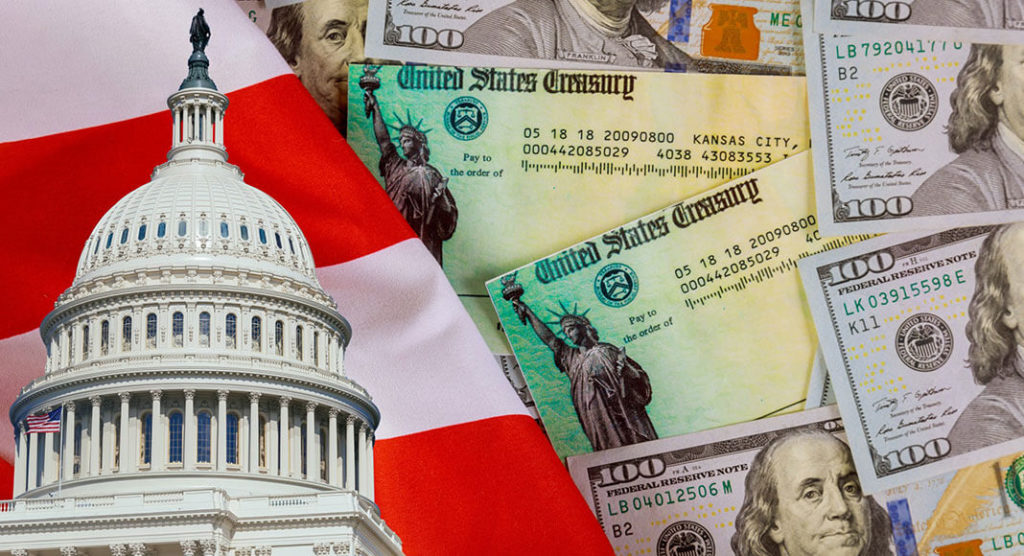
Texas Border Business

By Neil Bradley
With the election behind us, now is the time for governing, and there is no shortage of issues that demand Washington’s attention. First among them is passing much-needed pandemic relief.
We have not yet beaten the coronavirus or achieved the economic recovery we all desire. Our leaders have wasted five months already. They can’t waste another three.
They must work to find common ground, finish the work they started, and pass additional relief measures during the lame-duck session to help the businesses, industries, and workers who continue to suffer.
Why it matters:
- We have 10 million fewer jobs than before the pandemic intensified in March. At the current pace of hiring it will take until February 2022 to regain these job losses.
- 6 million Americans were unemployed for 27 weeks or more last week. Unemployment insurance will expire at the end of the year unless Congress acts.
- 163,735 businesses have closed in the U.S. since March 1, and almost 60% (100,000) of them report being permanently closed.
What needs to get done: Since June, the Chamber has been advocating for more federal aid fight the pandemic and to help employers and workers.
We urge Congress to enact targeted and temporary measures in a phase 4 package that address the following key areas:
- Testing and healthcare;
- Liability protection against unwarranted lawsuits;
- Support for small and midsize employers;
- Support for childcare and K-12 schools;
- Unemployment and job training
- State and local assistance
The Chamber is pleased to see Senate Majority Leader McConnell’s support for a package before the end of the year as well as President-elect Biden’s commitment to support such measures. Both Republicans and Democrats understand that waiting until next year to pass this legislation risks increased economic loss. We are confident that our leaders can come to an agreement that will provide immediate relief.
Looking ahead: Next year, we know that sustaining the economic recovery and rebuilding from the losses that the pandemic induced will require major investments.
That’s why the first order of business for the new Congress and the new administration should be a broad-based infrastructure program that addresses not just roads, bridges, and transit but deals with a lack of broadband connectivity to help underserved communities and building resiliency into our infrastructure to combat climate change.
We see a path for a governing coalition in Congress coming together to address these challenges, and the U.S. Chamber will be there to help move our country forward.
–Neil Bradley, Executive Vice President and Chief Policy Officer, U.S. Chamber of Commerce















